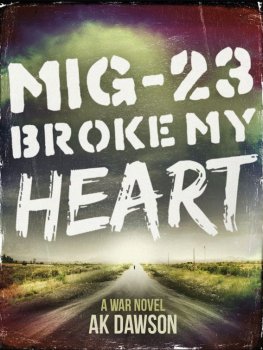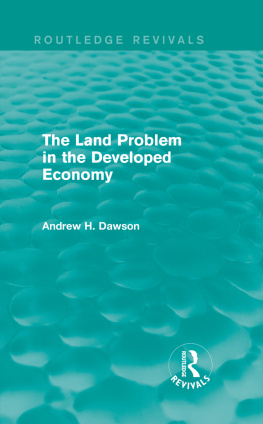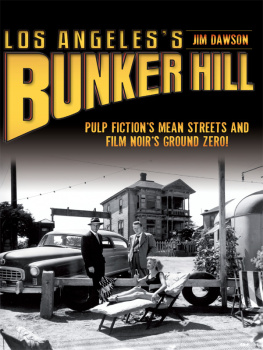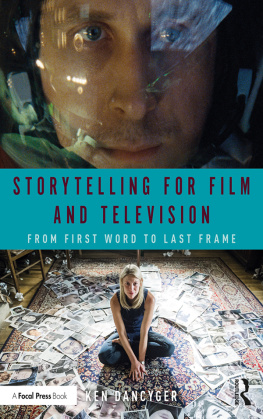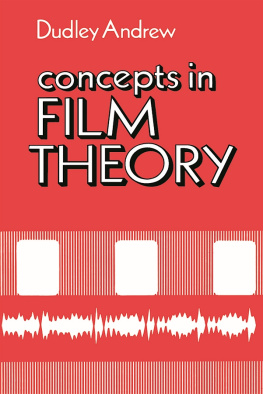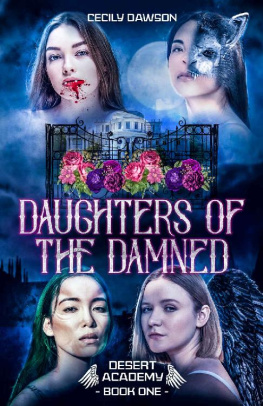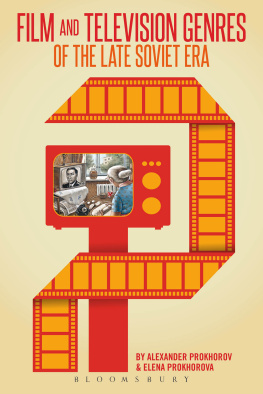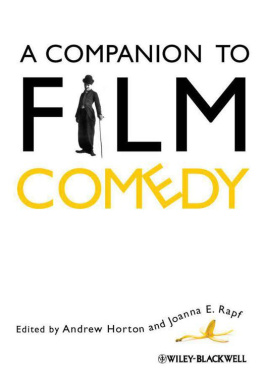First published in 2012 by
Bloomsbury Academic
An imprint of Bloomsbury Publishing Plc
50 Bedford Square, London WC1B 3DP, UK
and
175 Fifth Avenue, New York, NY 10010, USA
Copyright Andrew Dawson and Sean P. Holmes 2012;
individual chapters the contributors.
All rights reserved. No part of this publication may be reproduced, stored in a
retrieval system, or transmitted by any means, electronic, mechanical, photocopying
or otherwise, without the prior written permission of the publisher.
No responsibility for loss caused to any individual or organization acting on or
refraining from action as a result of the material in this publication can be accepted
by Bloomsbury Academic or the authors.
CIP records for this book are available from the British Library and
the Library of Congress.
ISBN 978-1-78093-020-6 (hardback)
ISBN 978-1-78093-023-7 (paperback)
ISBN 978-1-78093-021-3 (ebook)
Visit www.bloomsburyacademic.com to find out more about our authors and their books. You will find extracts, authors interviews, author events and you can sign up for newsletters to be the first to hear about our latest releases and special offers.
Cover image: Aimee Corrigan/This is Nollywood
For Alicia Brooke Robinson and Marjorie Wood Dawson, with love.
List of contributors
Andrew Dawson teaches film studies at the University of Greenwich in London. He has a long-time research interest in the political economy of work. In 2004, he wrote Lives of the Philadelphia Engineers: Capital, Class and Revolution, 18301890 (Aldershot: Ashgate). More recently, he has focused on the motion picture industry, especially in the United States, with studies of runaway production, strike patterns and African American entry to Hollywood during the civil rights era. He is collaborating with Sean Holmes and the BECTU History Project on a number of oral history initiatives. His course, Working for Hollywood, addresses themes raised in this collection of essays, available at .
Galina Gornostaeva is a self-employed researcher. She works on issues of the film and television industry, cultural clusters and quarters and cultural governance. She has participated in several research projects including the Economic and Social Research Council (ESRC)-funded project on production chains in the film and television industry in the United Kingdom (LSE), the INTERREG-funded project on functional urban regions in Europe (LSE) and so on. She also has a long-standing connection with the School of Humanities at the University of Greenwich.
Olof Hedling is an associate professor in film studies at Lund University, Sweden. For some years, he has worked on the phenomena of European film policy, regional film funds and regional film and television production. Of late he has co-edited the collection Regional Aesthetics: Locating Swedish Media (Stockholm: Royal Library, 2010) and co-guest-edited a Film International special issue on the subject of Making Movies in Europe: Production, Industry, Policy (2010).
Sean P. Holmes is deputy head of the School of Arts at Brunel University and teaches in the Film and Television Studies programme. He has published extensively on the history of trade unionism in the American entertainment industry in journals such as the Journal of American History and the Historical Journal of Film, Radio and Television. His book, Weavers of Dreams, Unite!: Actors Unionism in Early Twentieth-Century America, will be published next year by the University of Illinois Press.
Linda Marchant is a senior lecturer in photography at Nottingham Trent University. Her research interests centre on the links between photography and celebrity culture. She has presented work on topics ranging from 1930s and 1940s Hollywood portraiture to ideas around contemporary visual gossip. She is currently undertaking her PhD studies in the Department of Culture, Film and Media at the University of Nottingham.
Ikechukwu Obiaya is a lecturer at the School of Media and Communication of the Pan-African University, in Lagos, Nigeria. His research is based on the Nigerian film industry with particular focus on the role of the National Film and Censors Board in the establishment of a distribution framework for the industry. He is also interested in audience analysis, and some of his work on the audience of Nigerian video films has been published.
Richard Paterson is currently head of research and scholarship at the British Film Institute and senior research associate of the Centre for Cultural Policy Research at the University of Glasgow. His research continues to focus on the film and television industries with a particular interest in the sociology and economics of audiences and organizations, and he has published widely on these topics.
Katrien Pype is currently a postdoctoral researcher (Marie Curie IOF) at the Science, Technology and Society Program at the Massachusetts Institute of Technology and the Institute of Anthropological Research in Africa at the K.U. Leuven (Belgium), where she is working on a project that studies the dialectics between ICT and the lifeworlds of old people in contemporary Kinshasa. She is an anthropologist, with a particular interest in media and popular culture. She has published in academic journals such as Africa, Journal of Modern African Studies and Journal of Southern African Studies. Her book on the production of television serials in Kinshasa is forthcoming with Berghahn Books (expected June 2012).
Alison Smith is a lecturer in French and subject head of European Film Studies at the University of Liverpool. She has published books on the politicized French cinema of the 1970s and on major Nouvelle Vague directors Agns Varda and Jacques Rivette, as well as articles on various aspects of post-New Wave French cinema. Her current research is on representations of the multilingual in European cinemas.
Clare M. Wilkinson-Weber is an assistant professor of anthropology at Washington State University Vancouver. She was educated at Durham University, England, and the University of Pennsylvania, where she received her PhD in anthropology. Her research interests include material and visual culture, gender and media production. Her work has been centred in India, where she has been chiefly concerned with local conceptions of creativity and skill in artistic practice, and shifting aesthetic and social patterns in the Hindi film industry. Recent publications have focused on dress, fashion and the processes of film production, with questions of the co-option of commodities in media industries, the making of film costume and fashion and performance in film to the fore. Her articles have appeared in Visual Anthropology Review, Anthropological Quarterly and Journal of Material Culture


